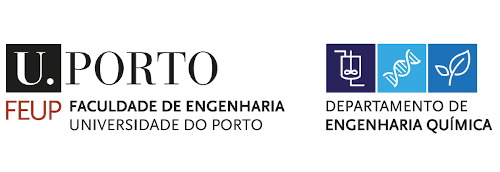Organizers
Meet the team behind the conferenceScientific Advisory Board
Local Organizer

SEYEDALI EMAMI
Scientific Team

TÂNIA LOPES

DZMITRY IVANOU

PAULA DIAS
Organizing Team

CAROLINA HORA

TELMO LOPES

FÁTIMA SANTOS

FILIPE MOISÉS

JEFFREY CAPITÃO

MARTA PEREIRA

LEONARDO RODRIGUES

ELIANA LOUREIRO



















